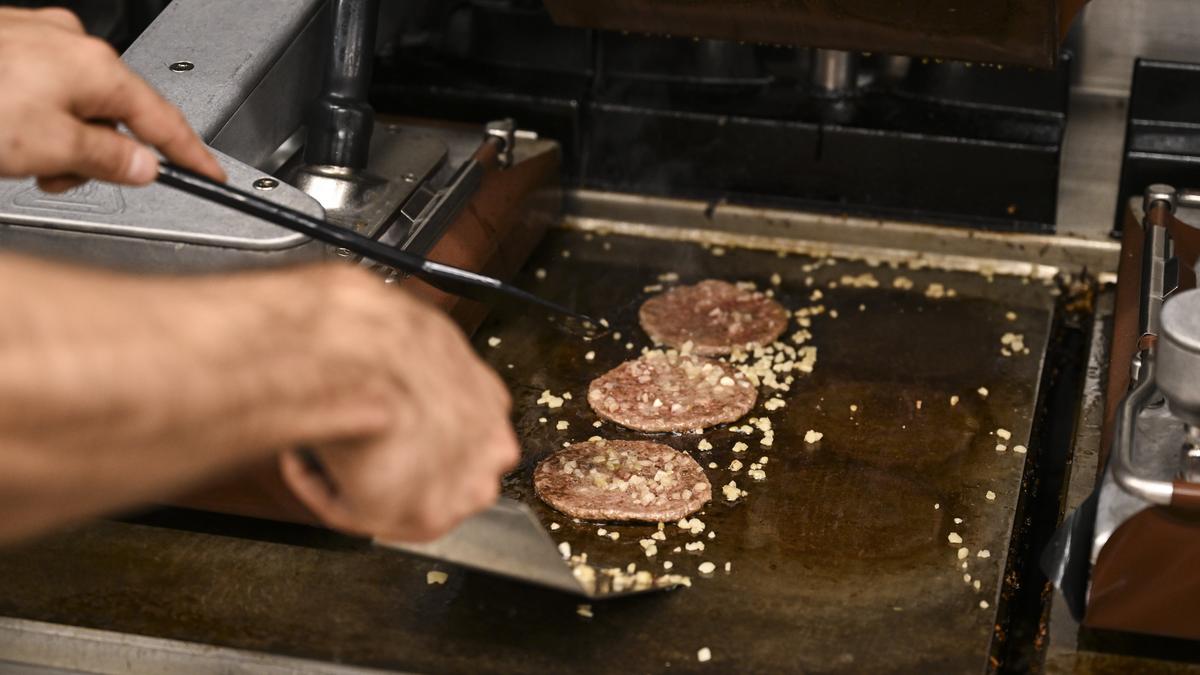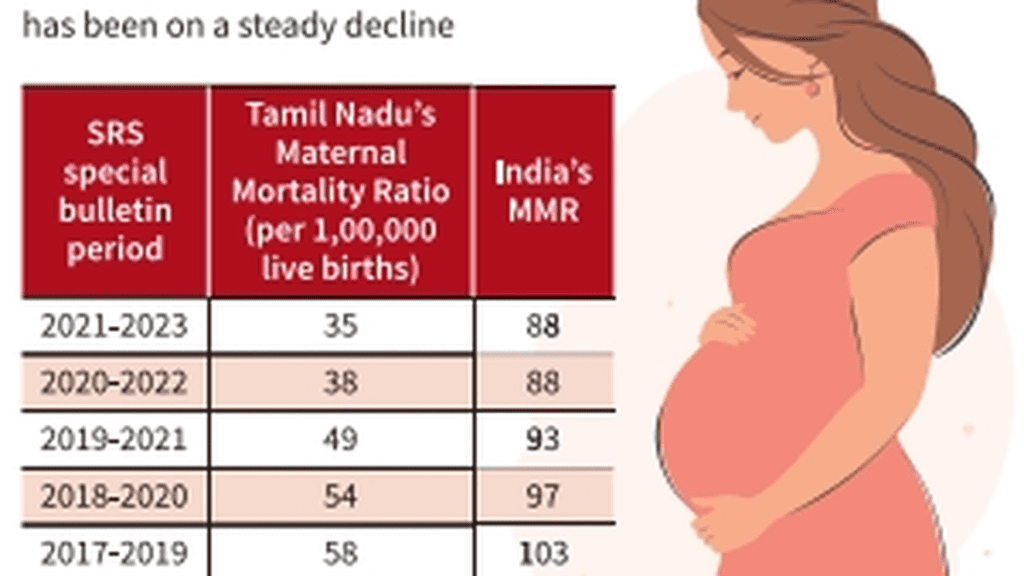The risks of increased oil consumption

The risks of increased oil consumption
In a country where deep-fried delicacies and rich curries are an intrinsic part of daily meals, the idea of cutting down on oil may seem impractical. However, when our Hon’ble Prime Minister speaks on the subject, it is more than just dietary advice — it becomes a national health movement.
At the 38th National Games in Dehradun on January 28, 2025, Shri Narendra Modi addressed an often-overlooked health issue: excessive oil consumption. He linked it to rising lifestyle disorders such as obesity, diabetes, and heart disease, urging people to reduce oil intake by just 10 per cent. His message aligns with the Economic Survey 2023-24, which warns of the economic burden of unhealthy diets and sedentary lifestyles.
Globally, India ranks among the highest in obesity and diabetes cases. According to the National Family Health Survey (NFHS-5), obesity rates have surged due to high-calorie diets loaded with refined oils and processed foods. This issue is not just limited to the general population — it also affects athletes, where nutrition directly impacts performance.
As a nutritionist working with elite athletes and fitness enthusiasts, I have witnessed firsthand how excess oil affects endurance, agility, and recovery. While dietary fats are essential for nutrient absorption, hormone production, and brain function, too much oil — especially from the wrong sources — leads to inflammation, weight gain, and metabolic disorders.
Indian diets rely heavily on refined vegetable oils such as sunflower, soybean, and palm oil. These are high in Omega-6 fatty acids, which, in excess, create chronic inflammation and increase the risk of heart disease and joint issues. For athletes, excess oil slows muscle recovery, and for everyday individuals, it contributes to sluggish digestion, poor gut health, and higher LDL cholesterol.
Shri Modi’s recommendation to cut back by just 10 per cent may seem small, but consistent reduction can significantly improve weight management, cardiovascular health, and metabolic function.
Yes! A major challenge in reducing oil intake is changing cooking habits. Indian cuisine is built around oil-heavy techniques, from deep-frying to heavy tempering (tadka). However, small, practical changes can help:
✅Use non-stick cookware to minimise oil usage.
✅Brush oil instead of pouring it to control portions.
✅ Air-fry instead of deep-frying to maintain crispness with less fat.
✅ Roast spices before tempering to release their natural flavours.
✅ Enhance flavours naturally with herbs, lemon juice, and dry-roasted spices.
Making these small tweaks allows flavourful cooking without compromising health.
For those aiming to maintain a leaner body composition, reducing oil intake can be a game-changer. Optimising power-to-weight ratio directly affects speed, endurance, and strength. Excess oil consumption leads to fat accumulation, disrupts insulin sensitivity, and makes blood sugar regulation harder — an alarming issue as diabetes cases rise among younger Indians.
Many believe “more oil = better taste,” but shifting to cold-pressed, nutrient-dense oils makes a difference:
✅ Extra virgin olive oil: Rich in antioxidants and heart-healthy fats.
✅Mustard oil: Traditionally used in Indian cooking, rich in Omega-3s.
✅Coconut oil: Stable at high heat and beneficial for metabolism.
Additionally, incorporating whole food sources of healthy fats — such as nuts, seeds, and avocados — enhances nutrition without excessive oil use.
Most people underestimate their oil intake. That is why I developed the Ryan Fernando App, a smart nutrition tool that helps users track fat consumption, personalise meal plans, and make healthier food choices. Often, just small portion adjustments lead to major health benefits.
By providing real-time tracking and personalised guidance, this app makes reducing excess oil intake easier and more effective.
The PM’s call to cut oil by 10 per cent is not just about reducing obesity or preventing heart disease — it is about reshaping how India eats. If every household makes this small change, the impact on public health, sports performance, and even healthcare costs will be substantial.
A healthier population means:
✅ A more productive workforce with better energy levels.
✅ Lower healthcare costs associated with lifestyle diseases.
✅ Athletes with greater stamina, faster recovery, and improved performance.
At the heart of this discussion is the belief that food is fuel. Whether you are an athlete, trying to lose weight, or simply looking to stay healthy, small, consistent improvements — like reducing oil slightly — can transform long-term health outcomes.
The question is not “Can we do this?” but rather, “Are we willing to start?”
Just like in sports, discipline and consistency bring results. This is not about a one-time resolution but a lifelong commitment to healthier choices. By making a conscious effort to reduce oil intake by 10 per cent, we move towards a healthier, stronger India — one meal at a time.
Published on Feb 13, 2025










